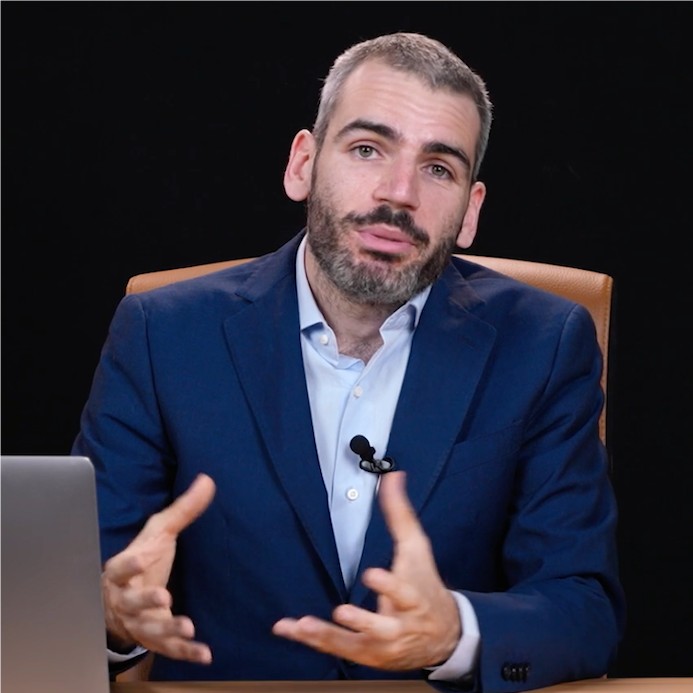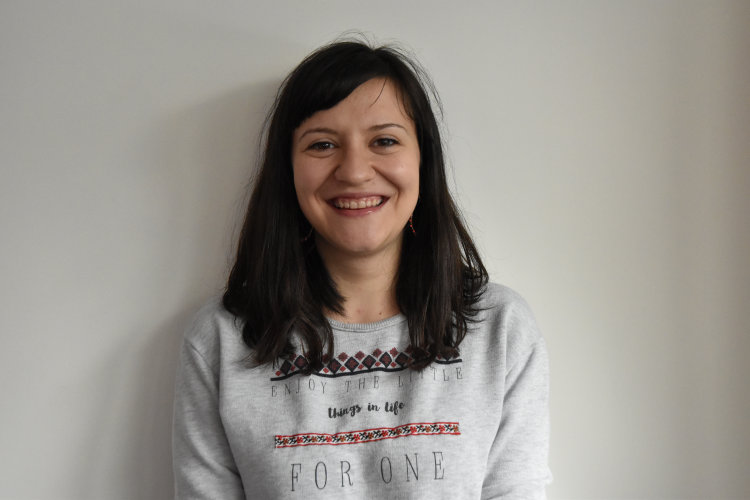
Dr. Aphra Kerr is a Professor in Sociology at Maynooth University, Ireland. She is a funded PI and science lead within the Transparent Digital Governance strand at the Science Foundation Ireland funded ADAPT Centre for Digital Content Technology, a multi-institutional and multidisciplinary national research centre (2021-2027). She is also PI on two projects collaborating with Dublin City Council and Smart Dublin (2022-2024) and on the YouGamSI project (2022-2024) which examines gambling marketing. Her current research focuses on the governance and social impacts of AI across media, games and everyday smart technologies. Her books include 'Global Games: Production, Circulation and Policy in the Networked Age', Routledge, 2017, and she was associate editor of 'The International Encyclopedia of Digital Communication and Society', Wiley-Blackwell, 2015. In 2021 she was invited into the Academy of Europe and in 2016 she received a Distinguished Scholar award from the international Digital Games Research Association (DiGRA). She was awarded a PhD in Communication Studies (DCU, 2000). For more see Maynooth University work website, LinkedIn or twitter @aphrak.
Marc Langheinrich is Full Professor, Dean, and Director of two MSc programs (MSc in Financial Technology and Computing; MSc in Management and Informatics) in the Faculty of Informatics at the Università della Svizzera Italiana (USI) in Lugano, Switzerland. Prior to joining USI in 2008, Marc was a senior researcher and lecturer in the Department of Computer Science of the ETH Zürich. He also worked for two years as a researcher at NEC Research, Tokyo, Japan, and spent a year as a Fulbright Scholar at the University of Washington, Seattle, USA. His research focuses on privacy in mobile and pervasive computing systems, in particular with a view towards social compatibility. Marc has been a General Chair or Program Chair of most major conferences in the field—including Ubicomp, PerCom, Pervasive, and the IoT conference. From 2018-2022 he served as the Editor-in-Chief for IEEE Pervasive Magazine. Marc holds a Ph.D. from ETH Zürich, Switzerland. He can be reached at
marc.langheinrich@usi.ch. For more information see
here

Didem Özkul is assistant professor of communication at Bilkent University, Turkey, and visiting associate professor of digital media and society at University College London, UK. Her research focuses on emerging networked digital technologies and their societal implications, in particular, mobile communication and media, location data and mobile sensors, and user agency and AI. She has written extensively about mobile communication and location data practices based on applied ethnographic fieldwork and creative method workshops with end-users of networked digital communication technologies. Currently, she is writing a research monograph, The Politics of Location Tracking and Profiling, which presents a critical analysis of location data, machine learning, and politics of mobilities (under contract with Routledge), and editing a special issue on sensor-mediated communication, power, and mobilities for the Journal of Computer-Mediated Communication (Oxford University Press). Her work has appeared in Journal of Computer-Mediated Communication, New Media & Society, Mobile Media & Communication, Convergence: International Journal of Research into New Media Technologies, and First Monday.
Gianclaudio Malgieri is an Associate Professor of Law & Technology at Leiden University (the Netherlands), where he conducts research at the eLaw Center for Law and Digital Technologies. He serves as the Co-Director of the Brussels Privacy Hub; as an Associate Editor of Computer Law and Security Review, and as an External Ethics Expert of the European Commission. He coordinates “VULNERA“, the International Observatory of Vulnerable People in Data Protection. He teaches Data Protection, Privacy, AI regulation and Fundamental Rights in the digital age. He conducts research on human vulnerability in the digital world, data protection rights, AI regulation, fairness, accountability and transparency of AI.
Dr Jiahong Chen is a Lecturer in Law at the University of Sheffield. His primary research interest lies in the intersection between law and technology, in particular data protection law, cybersecurity law, law and AI, data ethics and internet regulation. His current work focuses on the privacy and social implications of using personal data in the contexts of smart homes. His work has been published in leading peer-reviewed journals and cited by policymakers, and he has been invited to provide oral evidence as expert witness to a UK parliamentary inquiry. Prior to his current post, he worked at the University of Nottingham as a Research Fellow in IT Law (2018-2021) and at the University of Edinburgh as a PhD researcher (2014-2018).









